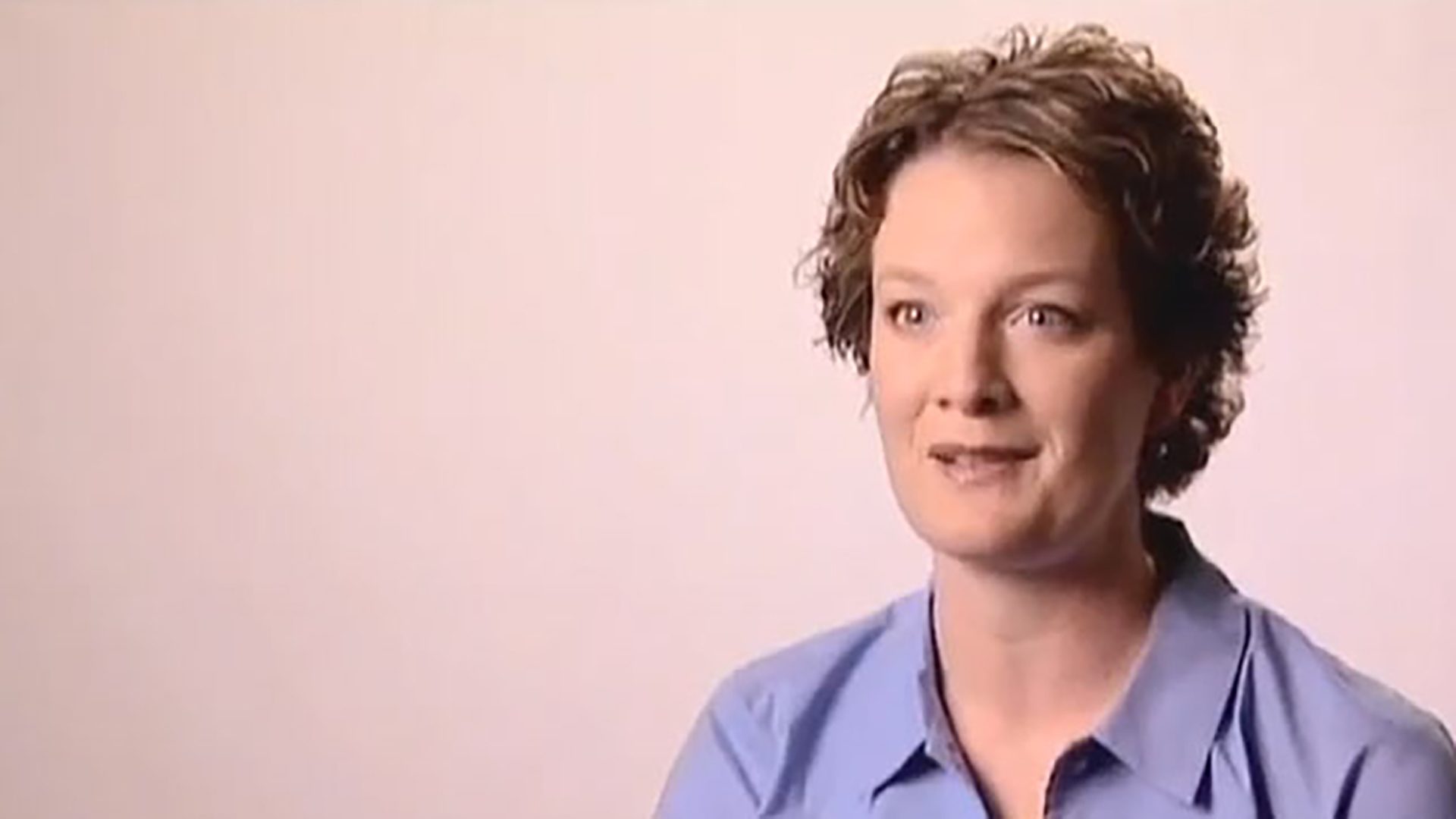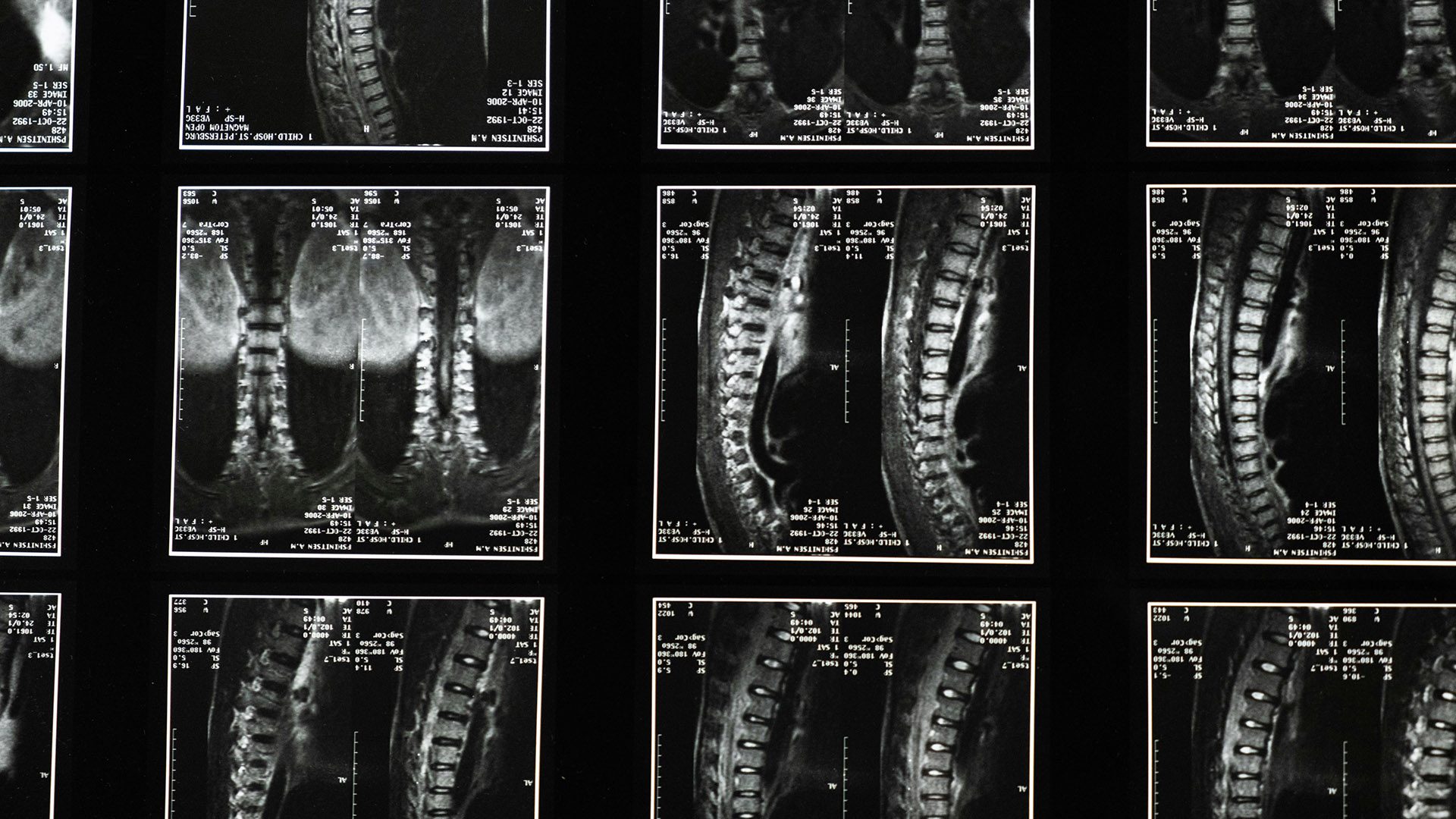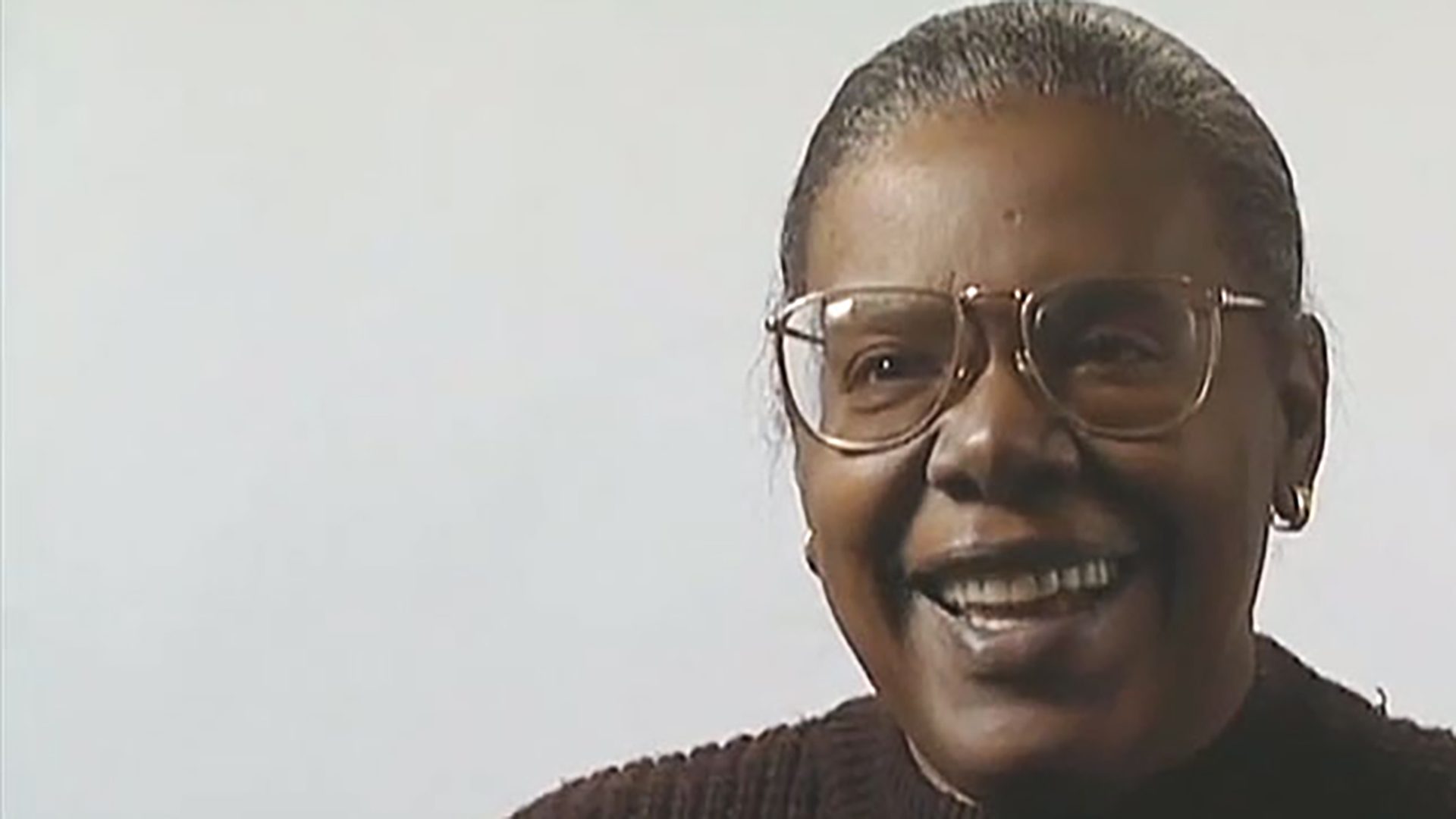Survivor Interview – Audra O.
Audra is a breast cancer survivor. She talks about how having a bilateral mastectomy and losing her hair affected her body image. She also discusses how she deals with certain side effects like cognitive changes and infertility.

Survivorship to me means that I get a second chance. We had a lot of dreams about travel and career and family that we just put on hold. You hesitate to think about them because, in the back of your mind, you’re worried that day might not come. But when you’re told that you’re done with treatment, you get to resume thoughts of doing all those things that you wanted to do.
My husband and I were just barely married when I was diagnosed. We hadn’t even started thinking about a family, but we knew we wanted kids. I did a lot of research before going into treatment, but unfortunately, I lost my fertility. My poor husband had to go through this year of taking care of me, and now we can’t have kids. That was tough, because I did the research but there was nothing I could do. It would have postponed my treatment and possibly, ultimately, ended my life. We’ve kind of regrouped and looked at our options. Adoption is a possibility, egg donors, that type of thing, and we’ll move forward with that when the time comes.
I talk to a lot of newly diagnosed young women, and even though that’s not what’s on the top of your mind, especially if you’re younger and maybe aren’t married — you know, you just want to get in treatment and get going — I gently try to remind people that this is something you should think about. Fertile Hope was a big help to me, so I direct people to that site. Unfortunately, breast cancer is typically a hormone-sensitive cancer, so there aren’t a lot of options, but I encourage people to think about it. There are some doctors out there who are trying new things and at least you’ve got a shot.
The main physical issue for me has been trying to stay healthy. I completely changed my diet and exercise routines. I started reading about supplements and food and how that interacts with your body. Because breast cancer is hormone-sensitive, it’s also fat-sensitive. So I tried to do the best that I could for myself and know that I was doing everything possible. Because if it came down to it, I just wouldn’t have been able to live with the thought that I didn’t do everything that I could.
Body image was a big deal. I was in the prime of my life, and I lost my hair. I had a bilateral mastectomy, my body completely changed, and all of the things that I thought were so important and spent so much time on were gone. But because of the cancer, you realize that those are the least important things. I did opt for plastic surgery following my mastectomy. I had tissue expanders placed after my surgery, then expanded and replaced with permanent implants. I knew that would be important for me not to have to worry about. I could just go on to have some normalcy, some semblance of my previous life. I never have to wear a bra again. They’re perky forever!
The most difficult thing to talk with my doctor about was the temporary menopause that chemotherapy can cause. You know, he was male, and those were a lot of female issues I wasn’t expecting to deal with, and I didn’t know what to do. I had a hard time deciphering if symptoms were chemotherapy or menopause. That was tough, dealing with the hot flashes and the mood swings and weight fluctuations.
That chemo brain is real. I couldn’t remember anything. I couldn’t remember somebody’s name right after I had met them. I would stop in mid-sentence and not know what I was talking about. And I had a job that I could really get in a lot of trouble if I forgot these major components. It was really scary. But there is a huge difference from when I was in treatment to now. It does come back, and you can think clearly again.
The biggest emotional part now is moving on. Trying not to forget what you’ve been through, but not letting it consume you. It’s tough to weave that into a normal life, because when you’re in treatment, you’re concentrating on yourself and on getting better. You’re thinking about the spiritual and emotional aspects of it all. You’re coming to terms with all that. And then you get thrown back into life and work and you find yourself getting mad in traffic and all these things that you said you never would. There’s the guilt of that. There’s anger. There’s real periods of grief, where I have friends who are not making it through. I just have to deal with that and realize that I still need to appreciate that I’m here and try to work that into my normal life.
I had so much help and support while I was going through treatment. And while everybody is still supportive of me, when you get that final word that you’re cleared of the cancer and you’re out of treatment, everybody kind of breathes a sigh of relief and moves on with their life. But I’m the one that’s left with these brutal scars and these emotions and these fears that it could still take my life.
You have to continue to keep that support. To say, don’t think that just because I’m out of treatment that I’m not still susceptible to this disease. It’s still a major part of my life. Don’t dismiss it and think that I can just move on, and don’t get frustrated with me because maybe I’m down one day and still thinking about it. If I need you, be there to pick up the phone.
It’s been difficult going back to work. I mean, I still love my career and I still love what I do, but it’s not the focus of my life anymore. It’s hard to keep your heart in it when, for me, I would rather be doing work for cancer organizations. But it’s also difficult not to just immerse yourself in it again. I’ve done that, and I actually landed myself in the hospital. I felt great, but you just don’t realize what the treatment has done to you physically. So it’s hard to keep that balance, but it’s good when you find it.
I thought when I was done with treatment, I would just be happy to be alive. Every day would be sunshiny and wonderful. And then when the anger hit, I wasn’t prepared for it. I hate to even use the word “anger,” because it’s not this, you know, violent emotion. It’s being mad at other people for being able to go on with their life without having this burden; for being able to still live that carefree lifestyle when you know what can happen. It’s being angry at people for thinking you should just be over it and move on, and for not recognizing that you do still live with fear.
But you know what? It’s just life. Just recognize that there will be some anger, and that it is normal and it’s just a range of emotions that you go through. In time, just like all the other scars, that will fade too. And understand that other people don’t maybe have your perspective on life, and that’s not their fault. So, hopefully, that’s a short-lived anger.
People sometimes treat me differently. I’m not sure if they actually are or if I’m just seeing that. It’s hard to have that carefree spirit that you had before. I’m more cautious. I thought I would be more bold, but it’s tough. When you don’t have cancer, when you’re just be-bopping through life, you think you’re invincible. And then you get that scare and you realize that you’re not. You kind of have the weight of the world on your shoulders now and such a responsibility of life, and it makes it a little bit more difficult in social situations. On the other hand, where before I might have spread myself thin, now I know the people who care for me and love me and who I care for and love, and that’s who I choose to spend my time with.
I deal with my fear of reoccurrence by getting involved. I’m involved with a group of young breast cancer survivors, and I try to be there for newly diagnosed people. I try to give my time and energy to organizations that are making a difference in the world of cancer. Selfishly, it’s because I want there to be a cure, and I want to live.
My name is Audra Outlaw, and I’m a one-year breast cancer survivor.

